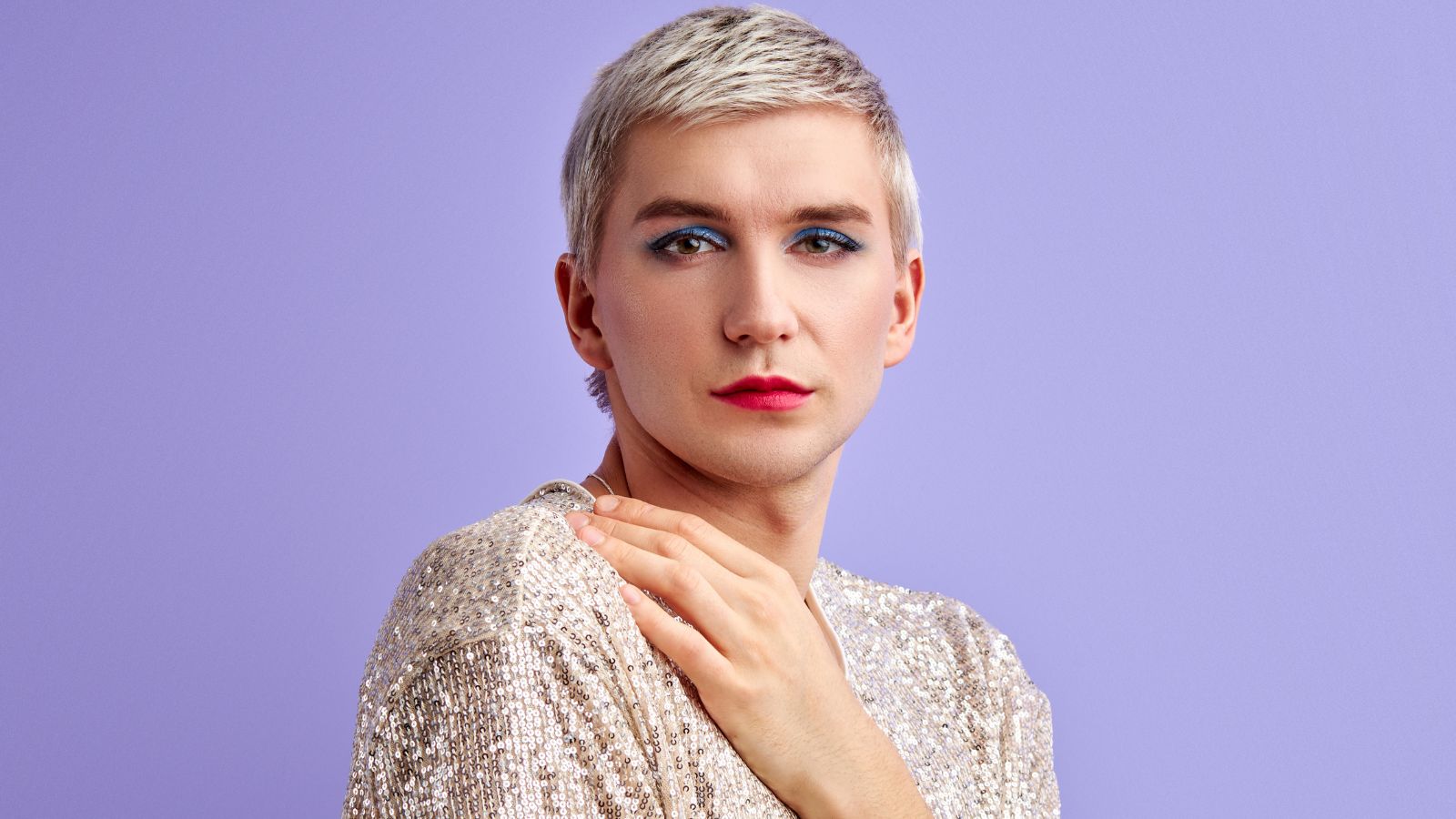In the ever-evolving realm of marital customs, millennials are leading the charge, reshaping the narrative on name transformations in marriage. More and more women are choosing to keep their maiden names after marriage, and some men are even opting to take their wives’ names after marriage.
The Pandemic Effect: A Surge in Name Change Requests

Amidst the pandemic, legal professionals witnessed a notable uptick in applications from couples seeking to incorporate maiden names into their post-wedding identities. This surge in requests underscores how external factors can sway long-standing traditions, prompting individuals to re-evaluate the norms they’ve known.
An Outdated Tradition?

Traditionally, an overwhelming majority of married women have opted to embrace the practice of adopting their husband’s last name. In the 2000s, only around 17% of married women chose to keep their maiden name. However, insights from the Pew Research Center illuminate a quickly changing reality. Only 33 percent of unmarried women express a desire to continue this age-old convention and take their future spouses’ last names, shedding light on a pronounced shift in perspectives, especially among younger generations.
Breaking Gender Norms: 5% of Men Embrace Name Changes

While the tradition of women changing their last names is well-documented, an emerging trend reveals that approximately 5 percent of men are confidently choosing to relinquish their surnames post-marriage. This trend not only challenges conventional gender roles but also highlights the rapidly evolving role of masculinity in society.
Hispanic Women Lead the Vanguard of Change

Within this transformative movement, Hispanic women stand out, with an impressive 30% choosing to retain their maiden names. In contrast, their white and black counterparts lag behind, with 10 percent and 9 percent, respectively, embracing this shift. The Pew Research Center’s data emphasizes the diversity of experiences within this societal transformation.
Education And Independence: The Post-Graduate Influence

When it comes to changing names, educational achievement seems to be a significant influencer of name change choices. The Pew Research Center’s findings indicate that 26 percent of individuals holding post-graduate degrees opt to retain their last names. This observation underscores the intricate interplay between educational achievements and personal identity.
Political Affiliations: The Name Choice Nexus

Name choices also intersect with political identities. Leading the charge are liberal Democrats, with 25 percent choosing to retain their original names, surpassing even their moderate counterparts. Conversely, conservative Republicans lean towards a more traditional choice, with only 7 percent opting to keep their maiden names.
Generational Perspectives: Millennials vs. Boomers

Generational differences reveal a distinct contrast. Pew Research Center data reveals that 20% percent of women aged 18-49 choose to retain their maiden names. However, those aged over 50 unsurprisingly choose to stick to tradition, with only 9 percent retaining their birth names. This generational divide underscores the evolution of societal norms over time.
The LGBTQ+ Perspective

Many are quick to point out that since the legalization of gay marriage, retaining your birth name after marriage has become more normalized. Since LGBT couples don’t face the same societal expectation to take their spouse’s surname, more and more are opting to keep their last name, and this has helped to normalize the practice for heterosexual couples.
Unraveling The Historical Context

The tradition of a woman taking her husband’s last name after marriage dates back centuries to when women were considered the legal property of their father or husband. ‘Coverture Laws’ insured that once married, ownership of a woman transferred from her father to her new husband, and this resulted in a change in legal identity.
The Impact Of The Feminist Movement On Marriage

Historians and sociologists argue that the new trend of rejecting name changes after marriage reflects the transformation Western society has undergone in the last century and the impact of the feminist movement.
Some Embrace The Trend

The discourse surrounding name transformations in marriage is ongoing. It is a conversation marked by diversity, change, and generational shifts. More younger people and feminist activists are embracing and advocating for this growing trend towards women keeping their maiden names after marriage, arguing that it is a sign of a more equal society for women.
Others Mourn The Loss Of The Traditional Family

However, others argue that this trend is just another sign of the degeneration of the traditional family structure as more and more families will now no longer share one name. Some argue that this could even lead to an increase in the already sky-high divorce rate amongst heterosexual couples.
The Ongoing Conversation: Navigating the Future

As society continues to evolve, and Gen Z soon becomes the predominant generation entering into marriage, the dynamics of marriage and naming conventions will continue to change. The conversation is ongoing and marked by diversity, change, and generational shifts. Will we see a return to tradition? Or continue embracing change?
“Men Can’t Give Birth”: Transgender Man Proves Transphobes Wrong and Gives Birth to Daughter

Upon discovering his partner couldn’t have children, Caleb – a transgender man from the UK – paused his transition to become pregnant.
“Men Can’t Give Birth”: Transgender Man Proves Transphobes Wrong and Gives Birth to Daughter
“This Lake is For Residents Only” Company Sacks Worker After She Questions Black Fisherman in Viral TikTok

Tanya, who was formerly an independent contractor, found herself in hot water when she appeared in a TikTok video that quickly gained widespread attention. Her actions in this viral video led to a shocking conclusion – the loss of her job.
“If He Thinks He’ll Be Able to Talk to You, He’s Way More Likely to Leave You Alone”: Woman Obtains Fake Phone Number to Trick Men

A woman on TikTok has shared a trick she uses to fool men into thinking they have her number.
“It’s Like the World Thinks Dads Are Children”: Mom Slams Hypocrisy as Husband’s Parenting Wins Praise for Taking Kids Out of the House

Emily Belson, a mother from Maryland, recently posted a TikTok criticizing the double standards when it comes to parenting.
